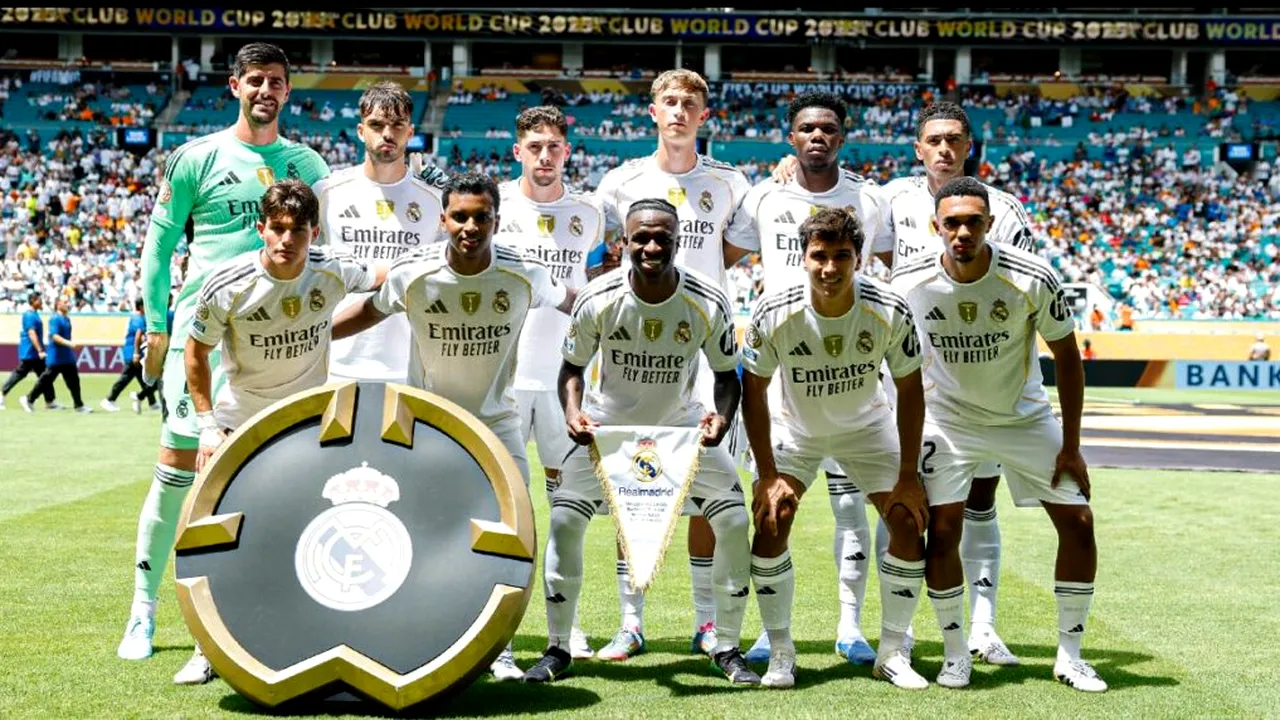
Spanish giants see commercial success as motivation for more frequent global competition
After the resounding commercial success of the first expanded FIFA Club World Cup, Real Madrid is pushing for the tournament to be held every two years. According to The Guardian, the Spanish club formally requested that FIFA adopt a biennial format, citing the tournament’s strong attendance figures and revenue potential.
Despite not winning the title, Real Madrid led all participating clubs in both average stadium attendance and overall ticket sales accounting for 25% of all tickets sold. The numbers highlight the club’s global appeal and reinforce the argument for hosting the event more frequently.
FIFA’s Stance and Future Plans
FIFA president Gianni Infantino, while pleased with the tournament’s reception, has not yet embraced the idea of a biennial Club World Cup. Sources close to FIFA say the organization is still focused on evaluating the tournament’s structure and may instead opt to expand the number of teams in the next edition.
The current Club World Cup format is set to evolve, but scheduling remains a challenge. With an already packed international football calendar, a two-year cycle would require significant coordination with domestic leagues and player unions.
Race to Host the 2029 Club World Cup
Another hot topic is the race to host the 2029 edition of the tournament. The Guardian reports that Qatar host of the 2022 FIFA World Cup has expressed strong interest in welcoming the Club World Cup. Brazil is also in the mix, having submitted its candidacy to host the global event.
FIFA is also open to the possibility of shared hosting, a strategy already planned for the 2026 World Cup (United States, Mexico, and Canada) and the 2030 World Cup (Morocco, Spain, and Portugal).
Commercial Power vs. Scheduling Conflicts
Real Madrid’s proposal underscores how top European clubs view the Club World Cup as more than a title chase it’s also a massive commercial opportunity. However, critics argue that increasing the tournament’s frequency could place further strain on player schedules and devalue its prestige.
As discussions continue behind the scenes, the Club World Cup’s future may soon shift toward a more prominent role on the football calendar especially if global powerhouses like Real Madrid continue to push for change.

Thiago Nuno is a football editor and analyst covering European leagues, match statistics, and transfer market trends.



